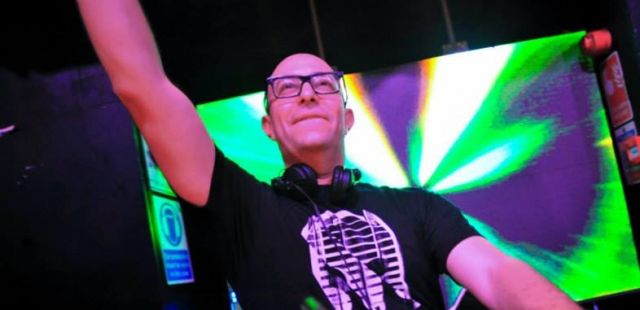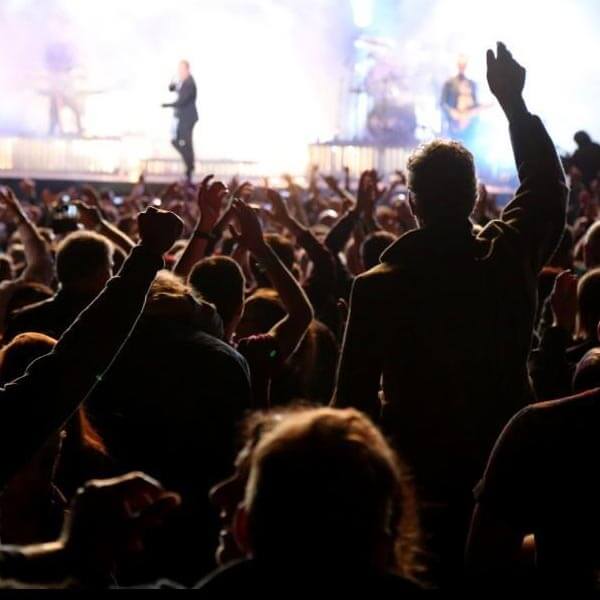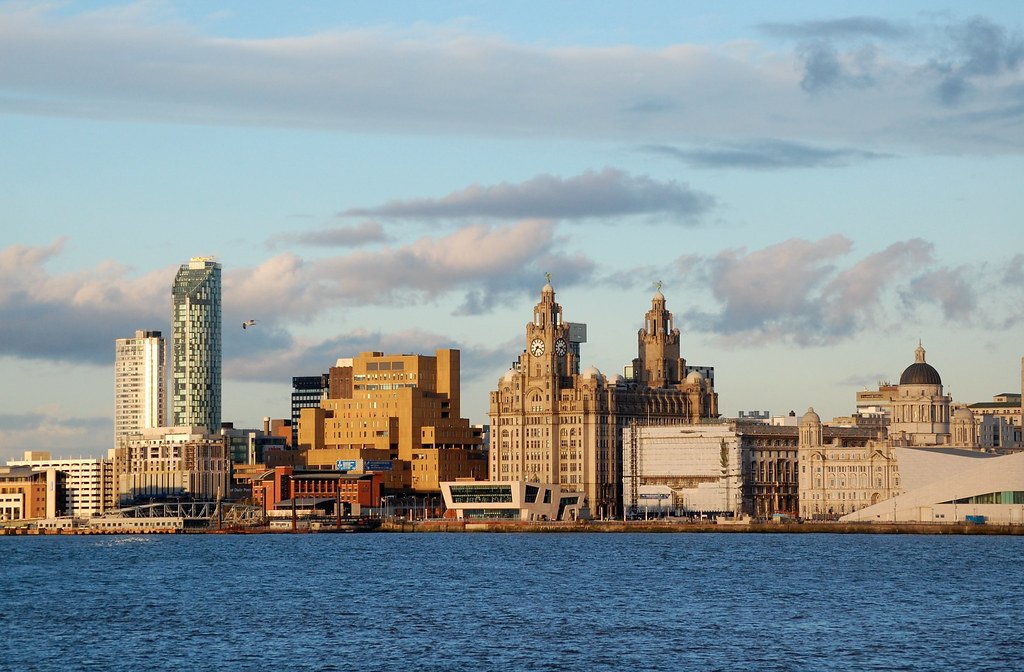
Guy Ornadel Interview: This was the Mecca if you were a DJ
Read our interview with Guy Ornadel as he prepares to bring his classics to the Cream Reunion Saturday February 1st.
Jimmy Coultas
Date published: 28th Jan 2014
Image: Tim Rand
For many the nineties represent the pinnacle of club culture in this country. The idea of living for the weekend has never felt truer, people journeying across the nation to the superclubs of the era. Stoke's Golden, Sheffield's Gatecrasher, Bournemouth's Slinky; even the sleepy mining town of Coalville got in on the act with Passion, destinations for a sea of wide eyed ravers every Friday and Saturday night.
No club defined this point of life better than Cream. The Liverpool mainstay had an epochal ten year run as a weekly destination, being the centre for house music and also crucial in shaping the explosion of a little known sub genre of techno across the country via a new acolyte of the sound; Paul Oakenfold and trance.
Oakenfold's (or Oakey as his loyal Scouse following christened him) residency at Cream remains one of the greatest the world has ever seen, weekly celebrations of the drama and euphoric capability of electronic music at that time (listen to his Essential Mix recorded from Cream in 1998 above). His journeys in the Annexe and eventually the Courtyard of Cream's home of Nation proved the catalyst for a series of events celebrating this halcyon period of time - The Cream Reunion.
Saturday 1st February sees another installment of the event, with headline duties taken by X-Press 2 (read our interview with them here) and another DJ who epitomised the country's fascination with trance Guy Ornadel. We caught up with the latter after a recent emotional farewell to the aforementioned Passion to find out why that period of clubbing has proved so enduring.
Hi Guy. You're booked in for the Cream Reunion on Feb 1st, what are your specific memories of Cream?
I first used to come up to Cream with Dave Seaman around 1992 just as a friend when he was at Mixmag, James Barton and Andy Carroll were djing, and the main room booth was not much more than a table with decks on. Darren Hughes was booking all the djs, Dave Ralph and Oakenfold were in the Annexe and above all it really felt like we were all part of a musical change in the UK from bands to dance.
What highlights of your time playing at the club could you share with us?
There was something incredibly special about playing at Cream, maybe because everyone who was there really knew their music. DJs were really cutting edge with acetates (one off pieces of vinyl we'd cut for £50-70 just before the weekend and last about 10 plays) that only that DJ had, and everyone else wanted.
So to make it onto the bill and play there you really had to be on the ball especially with Darren Hughes standing behind you checking everything you did - Sasha, Lawler everyone will tell you about Darren going round the club putting the shits into everyone!
It was a time of Oakenfold, James Barton, Jim King, Gill Nightingale, the Barton Dad (always in a suit!), Scott Barton, Paul "Chunky" Beasdale, Nick Warren, the list is endless but this was the Mecca if you were a DJ. To play at Cream then meant playing for the best crowd and at the time probably the best club in the world.
How do you feel that era of electronic music, 1992-2002, compares to the modern climate, particularly the way 'EDM' has been embraced by America?
It's all great. The thing I love most about dance music is that it's always evolving. You can never compare one period to another as being better or worse, some music had it's time for then, and now other music has it's time for now. The EDM scene in the US is also about mixing in and out of records fast, while back then we used to play the whole record pretty much.
Some tunes used to build and DJs I looked up to like Sasha and Digweed were like chess players, always putting together stories with four or five records layered together to tell the bigger picture rather than just the instant pay off of one record, but then I also like the energy and pay off of just record! At the end of the day there's just more and more music now to choose from which is a good thing.
Why do you think that era of dance music retains such a special allure for people? And how important is for people to look back towards periods of time in music and remember the sounds and styles that informed it?
For sure it was an important time in dance music and clubbing but people just as equally need to look to the present and forwards. If there's maybe one thing I could say it would that producers probably took more time (maybe too much time in some cases!) working on getting a piece of music just right before letting it out.
These days music comes and goes so quickly with file sharing, digital downloads, and producers being able to make music quickly on their laptops that the music that was coming out of studio sessions that lasted weeks was made differently. Vocals, riffs, bass lines, structure, melodies - a lot was just made differently to now. But the music of today is more advanced in many other great ways. If something from then still sounds good today then play it, but otherwise bin it and move onto something new.
If you had to pick three records to define that point in time, what would they be? And what DJs of the time did you look up to the most?
If we're really going back then, Transa 'Enervate' or anything on Perfecto (above), Binary Finary's '1998' and Grace's 'It's Not Over' (or anything by BT). Anyone who could take me on a journey - in the Cream days it was Sasha, Digweed, Darren Emerson but Oakys residency at Cream was like nothing else. Then came Tiesto & Gatecrasher and things changed again.
As well as for Cream you also played consistently at the other big clubs of the era such as Golden, Passion, Slinky and Gatecrasher. Do they all hold the same bond?
Those there were the days! Three gigs a weekend, driving like a maniac around the country, every club packed with hands in the air, every week! Can you imagine?! All amazing in their own way. I definitely loved the friendliness and atmosphere in the northern clubs the most. Maybe it was something in the water??
You were always in a role working beyond just as a DJ, in a management position as well...
Weekends was for djing, then in the week working flat out on managing artists and building the dj agency. A rollercoaster at times but fantastic to have worked in music throughout - for all the problems I never once regret the variety in working with all the talented artists and DJs or getting to hear music as part of my job.
Have you been djing anywhere else recently?
Passion - The Finale just this last weekend. Impossible to put into words but definitely up there as one my top ten nights ever.
Finally what can people heading to the Cream reunion expect from your set?
Vinyl!
Tickets are no longer available for this event
Read more news


























